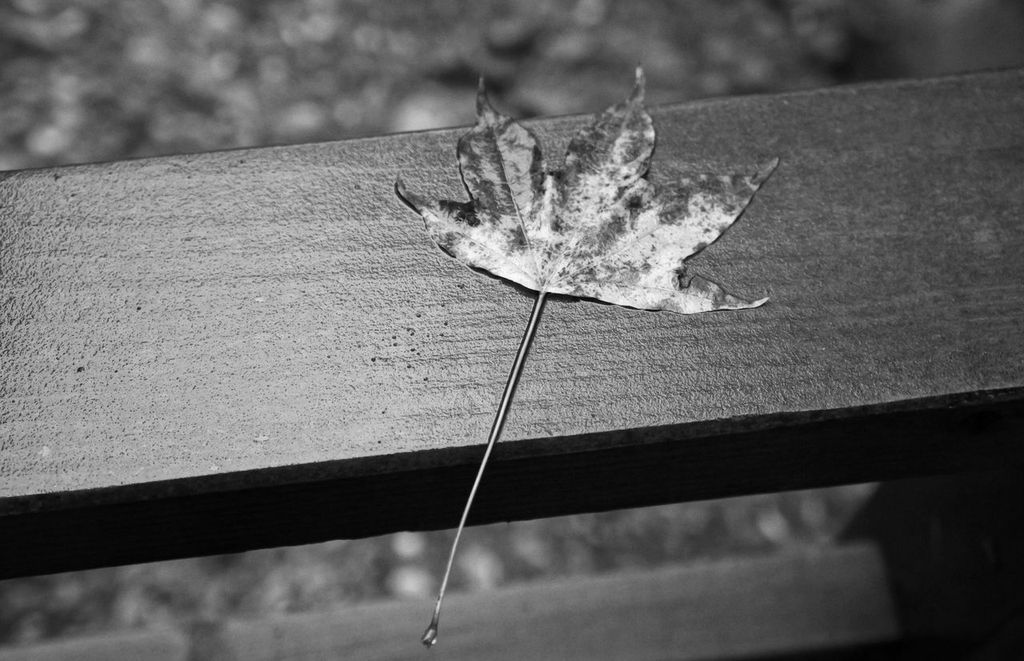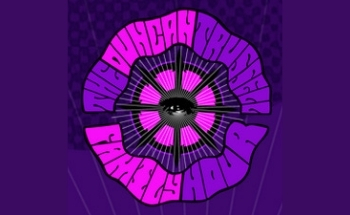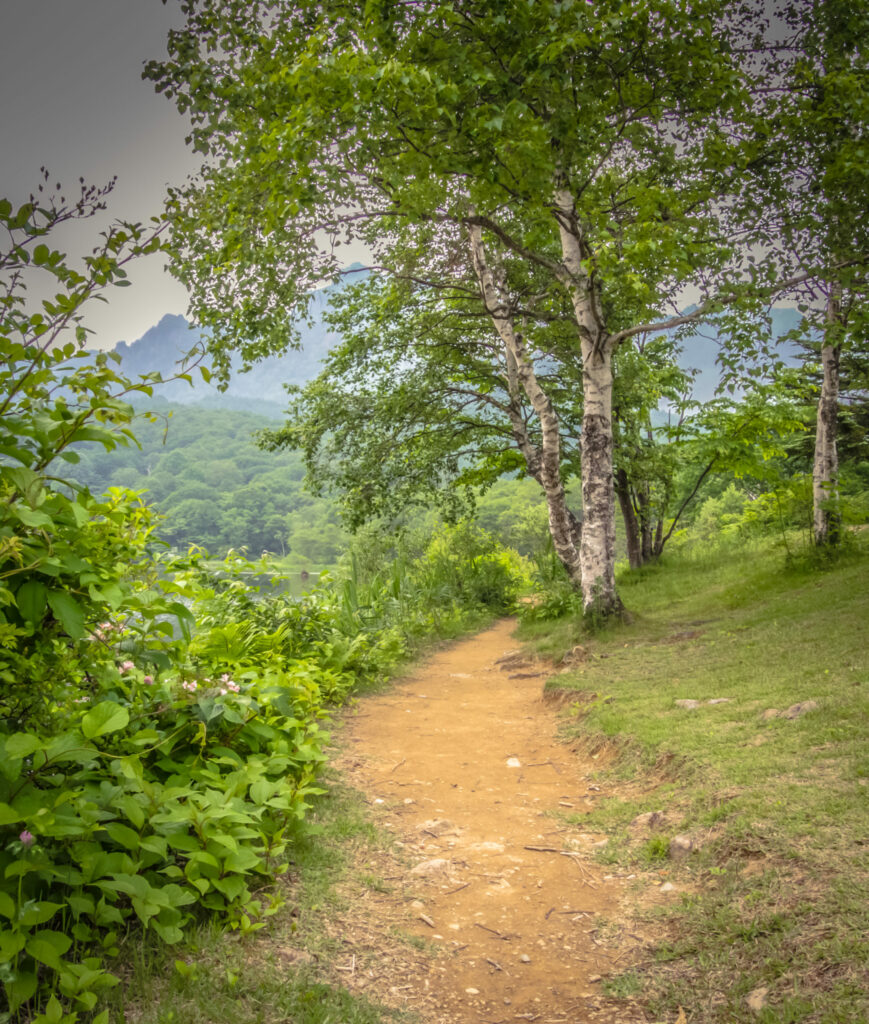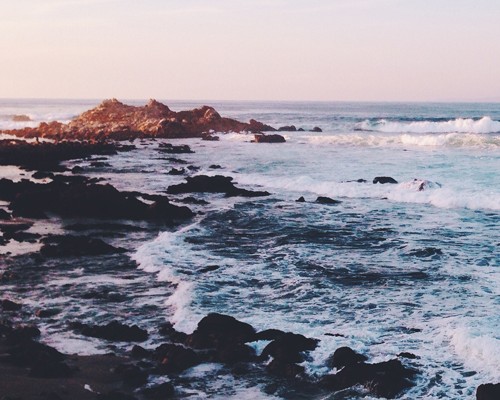Victor Frankel, the concentration camp survivor, was also the founder of logotherapy. He discovered that most of those who survived the camps did so only if they had faith in a greater purpose for themselves and the world. Like these survivors, we each need to find our sense of purpose, to orient and support ourselves amidst the fragmented pulls of busy, modern life. Buddhist psychology’s response to this need is to offer the practice of taking refuge.
Since the first days of the Buddha’s teaching, if a person wanted to become a follower of the path, all they had to do was recite, “I take refuge in the Buddha, I take refuge in the Dharma (the teachings), I take refuge in the Sangha (the community of practitioners).” There is nothing to join, nothing to become – simply this turning of the heart.
Refuge offers support for our journey as we move through joy and sorrow, gain and loss. In refuge, we reaffirm our sacred connection with the world. Refuge is not necessarily religious. Refuge can be as simple as making conscious our trust in a lineage of teachings. Doctors take the Hippocratic Oath, dating from ancient Greece. Physicists place their faith in a long lineage of scientists starting with Archimedes, Galileo, Newton and Einstein. Professional musicians proudly name their teachers and their teacher’s teachers. Followers of Freud or Jung take refuge in the founder’s wisdom and in the wisdom of the great analysts who followed them. In all our universities and psychological training institutes we find shrines to the lineage of revered and beloved elders, who gaze down from portraits and photos on the wall.
We may take refuge in a higher power, as in A.A. Such faith has proved so transformative, it’s astonishing that refuge and faith are so often excluded from western psychological thinking. Much of their success rests on faith and in the power of their sangha, the conscious community they create. We thrive with faith. Our faith may be spiritual or unabashedly non-religious, a faith in the natural world, in the unborn generations ahead, in life itself. To live wisely, we need to find a trusting connection to the world. Healthcare studies have shown that caring for a pet or even a plant will prolong life and well-being.
Like setting an intention or dedicating ourself to a goal, taking refuge reorients our life. Our refuge becomes an inspiration, a touchstone, a wellspring to draw from at every challenge we face. The Buddhist refuge need be taken just once in a lifetime, although in some trainings, the refuge is recited daily. Even more powerfully, in Vajrayana practice, the refuges are repeated 100,000 times, each recitation enhanced by a full body bow to the past generations of awakened beings. Whichever tradition we follow, when we take refuge we join into the stream of awakening.
(Read Part Two of Finding Refuge)
This excerpt is taken from the book, “The Wise Heart”





